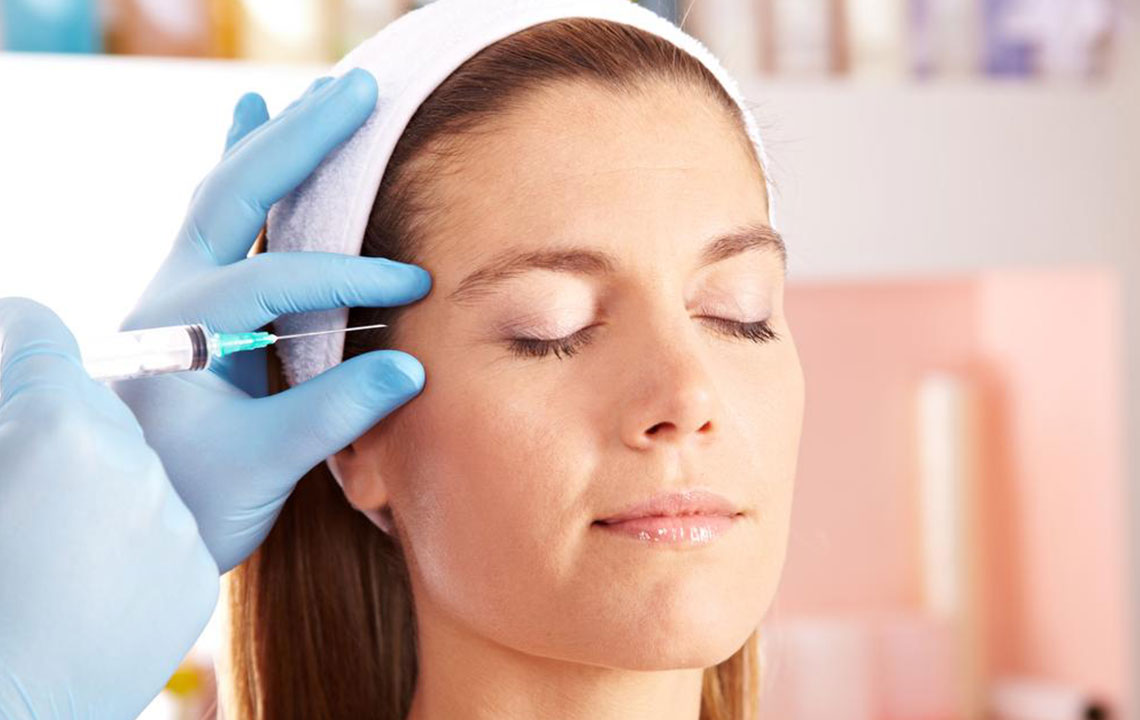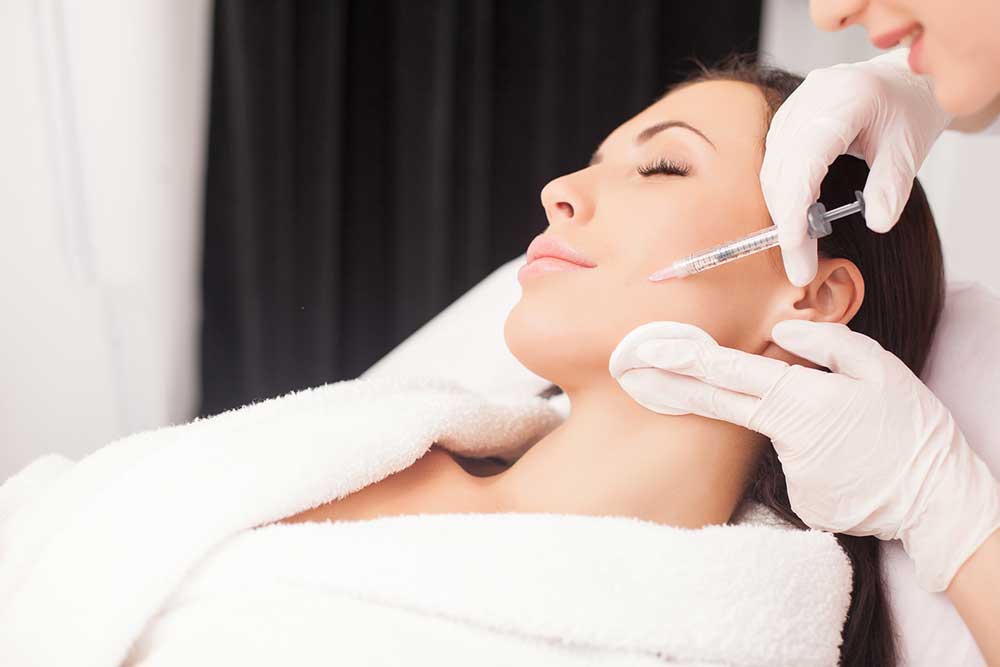Medical Benefits of Botox Injections: 7 Key Applications
Botox, widely known for cosmetic improvements, also treats various medical conditions. FDA-approved uses include overactive bladder, neck spasms, and migraines, with ongoing research into other applications like depression and excessive sweating. Small doses of this toxin provide effective therapeutic benefits across multiple health issues, demonstrating its importance in modern medicine.

Recently, Botox has gained recognition beyond cosmetic uses, highlighting its therapeutic potential. Derived from the botulinum toxin produced by the bacterium Clostridium botulinum, Botox is typically associated with reducing facial wrinkles and fine lines caused by aging. It works by inhibiting the neurotransmitter acetylcholine, leading to temporary muscle paralysis. While the toxin is naturally poisonous, small, controlled doses make Botox a safe and effective treatment for various medical conditions. Approved by the FDA, Botox is now employed in addressing nine health issues, showcasing its diverse beneficial roles in medicine.
It is used to manage depression symptoms, potentially influencing mood by altering facial expressions—a hypothesis under ongoing research. Moreover, Botox is being tested as a treatment for premature ejaculation by relaxing muscles, although this is still experimental. It also shows promise in addressing postoperative atrial fibrillation following heart surgery, but further studies are needed. FDA-approved uses include treating overactive bladder, neck spasms, and chronic migraines. Additionally, Botox helps reduce excessive sweating in the underarms, feet, and hands, and can improve scar appearance from cleft lip surgeries. Continued research continues to expand its medical applications.









